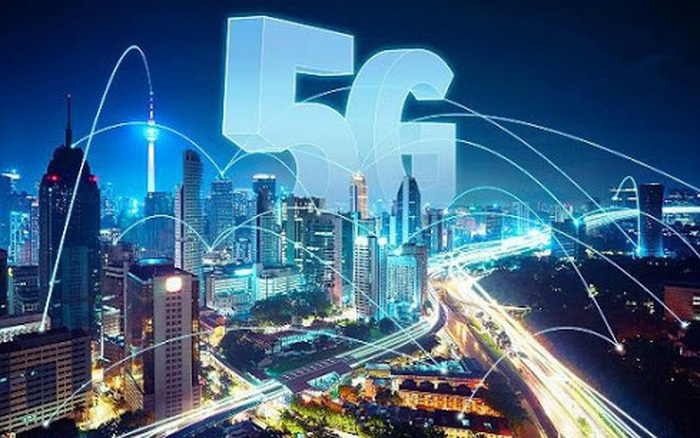
In Vietnam, the Ministry of Information and Communications has licensed three large mobile service providers - Viettel, VNPT and MobiFone – to trial 5G services in the four largest cities of Hanoi, Ho Chi Minh City, Da Nang and Hai Phong.
MobiFone also announced the trial of commercial 5G services in Ho Chi Minh City in December 2020, including 4K and 8K video, AR/VR virtual reality games - AI learning, IoT services.
Previously, on January 17, 2020, the first video call using 5G technology on gNodeB transceiver, researched and produced by Viettel, was successfully performed. Thus, Vietnam has officially mastered 5G network technology.
Le Dang Dung, acting chairman of Viettel, said that in terms of transmission infrastructure, IoT (Internet of Things) connection technology based on 4G LTE-M and NB-IoT has been deployed by Viettel, turning this corporation into one of the first 50 carriers in the world using these technologies.
Viettel is the first network operator in Vietnam that has caught up with leading countries for 5G in the world such as the US, Australia, Japan and South Korea. Vietnam lagged behind others for 3G and 4G technologies, but it is among the leading countries for 5G development.
MobiFone General Director To Manh Cuong said: “We will deploy 5G in the centers of big cities, and then gradually spread to other areas. It is clear that the demand for 5G and even 5G devices is not widespread.”
Huynh Quang Liem, general director of VNPT, said that although there are not many 5G applications, VNPT will still deploy it soon.
5G is a suitable technology for the 4.0 revolution because it has super-fast transmission speeds and very low latency, which can be applied in many fields, especially in controlling IoT devices. Therefore, Vietnam must take advantage of this opportunity.
